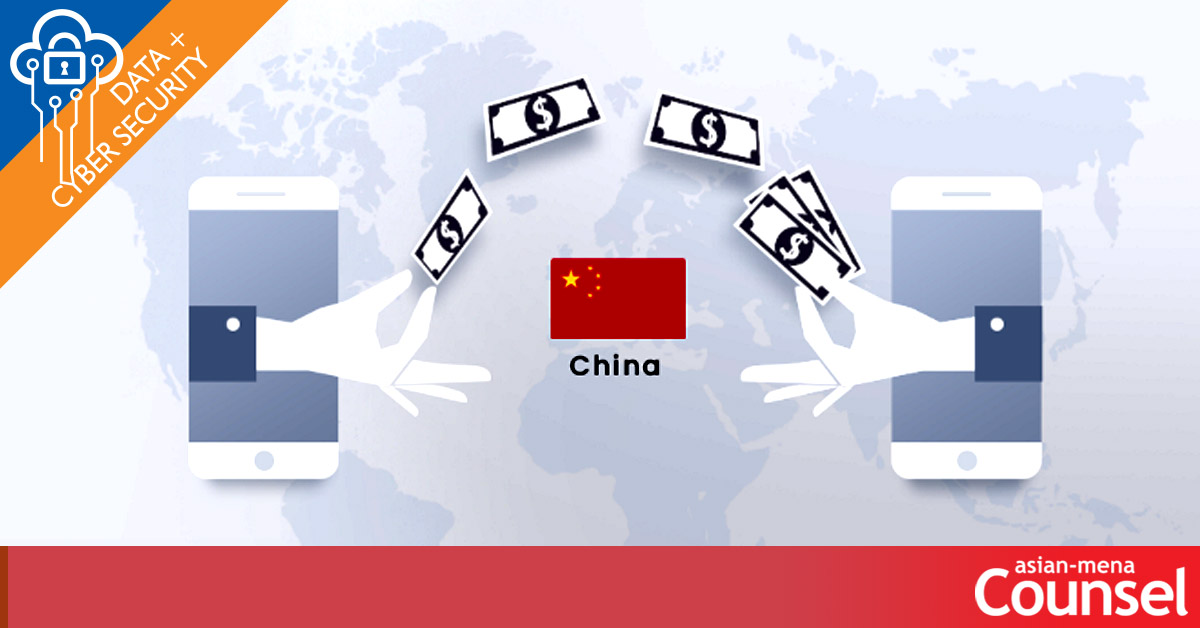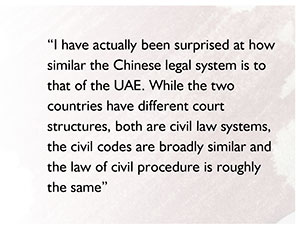By Nick Ferguson
A draft document circulated by the State Council in late November will require government agencies to take a much closer look at deals worth more than US$10 billion, or just US$1 billion if they are outside the buyer’s core business.
That could affect a significant number of transactions. Chinese companies spent US$146 billion on overseas purchases during the first 10 months of this year — already more than last year’s record of US$121 billion.
Deals are also facing closer scrutiny overseas. In Europe, China’s Grand Chip Investment’s €670 million (US$728m) takeover of German semiconductor equipment maker Aixtron was initially approved by Germany’s economics ministry but that clearance was later revoked amid a public backlash.
One of the most controversial deals in Germany was the acquisition of Kuka, which makes robotics systems for the auto and aerospace industries, by Midea, a Chinese company that makes air-conditioners, refrigerators and other electrical appliances.
Meanwhile, ChemChina’s US$43 billion acquisition of Swiss agrichemical group Syngenta also faced extended review after competition concerns from the European Commission, and has been subjected to repeated extensions.
“Chinese and other Asian bidders and prospective purchasers need to be convincing, transparent and seen as credible, but I personally think we are already past that,” says Stefano Sciolla, a Latham & Watkins partner in Milan. For example, Chinese entities have already invested $15 billion into Sciolla’s home market of Italy, with stakes in 313 companies. “These are huge numbers,” he says. “The Italian economy is not a huge economy. That means we are already talking about a reality.”
Indeed, some market participants suggest that the reaction against Chinese acquirers is as much about politics as legitimate regulatory concerns. Germany’s chancellor, Angela Merkel, is facing stiff competition from right-wing populists, while such movements have already won power in the UK and the US — in the form of Brexit and Donald Trump.
“Obviously China provokes quite an emotive reaction because it’s such a powerhouse, but the track record of the outbound deals they’ve done is positive and growing,” says Paul Rawlinson, the London-based global chair of Baker McKenzie.
Even before Trump’s election, Chinese acquisitions had faced a tough time under the Committee on Foreign Investment in the US (CFIUS). China’s acquisitive insurer Fosun was one such company that reportedly drew the interest of CFIUS after it paid more than US$2 billion for Ironshore, which owns a subsidiary that provides professional liability insurance to government employees including the Central Intelligence Agency.
With Trump in power, China is likely to face even greater scrutiny.
While Brexit in the UK has given air to a chorus of nationalistic and protectionist rhetoric, not everyone sees it as a death knell for Chinese investment.
“There are couple of things that are moving in a positive direction if you’re an inbound investor to the UK,” says Gary Seib, the Hong Kong-based Asia-Pacific chair at Baker McKenzie and a member of the firm’s global executive committee. “The pound makes assets much more affordable, and there have been one or two players in China who have made that point, so it’s not all doom and gloom. The lower pound is obviously creating domestic challenges but it has upside.”
Trouble at home
Despite China’s “going out” policy, which has encouraged the rash of acquisitions around the world, the government has become concerned recently about the stability of the renminbi. Chinese companies are willing to overpay for trophy assets because they hold large sums of Chinese currency that they fear will lose value as the renminbi weakens, creating a downward spiral that has alarmed officials in Beijing. The central bank’s official reserves are at their lowest level since 2011 as a result of its efforts to support the currency this year.
Acquisitions of non-core assets and massive real estate deals are the subject of its recent proposals. Another concern is that deals driven principally by a desire to convert currency may not be subject to sufficient due diligence on the part of the buyers.
Even so, the government has made it relatively clear that it still wants to encourage strategic and credible acquisitions of foreign companies. In a statement, the State Administration of Foreign Exchange said that it would crack down on “fake” transactions while continuing to clear genuine ones.
That means companies with plans to expand their core business interests should still be able to do so, but financial investments that lack any strategic motivation are likely to find it much tougher to win approval.
Some investors in Chinese insurers have come under particular scrutiny, with the industry regulator criticising “impure motives and purposes”, which it has said it will target through a series of proposed new regulations that will further limit single-investor shareholding in insurance companies and scrutinise funds used to buy equity stakes in insurance companies.
Xiang Junbo, chairman of the China Insurance Regulatory Commission, said recently that the goal of the tougher approach was to prevent “ill-motivated” investors from controlling insurance companies.
It is also rumoured that the regulator is set to introduce new rules requiring insurers to seek regulatory approval before acquiring public companies and limiting the source of funds in major equity investments to their own capital, according to Caixin, which added that the new regulations would bar insurers from acting in concert with companies in other industries to acquire a public firm.
In a research note, Deutsche Bank said that such regulations would have limited effect on listed insurers as they have not generally been aggressive in buying significant stakes in listed companies. Instead, the tough new stance is likely intended to regulate aggressive acquisition activities of private insurers using policyholders’ funds.
It is no secret that the regulator has been paying close attention to several acquisitive insurers. Earlier this month it suspended the online sales of universal life insurance products issued by major insurers such as Foresea Life Insurance, which became the third-biggest shareholder in Gree Electric Appliances in November, and China Evergrande Group, which is competing with Baoneng to acquire Vanke. CIRC is also conducting on-site inspections at Qianhai Life and Evergrande Life, having suspended the former’s new universal policies and the latter’s stock investment activities.
“Insurance companies should be financial investors in good faith, instead of making hostile takeovers,” said Xiang during the meeting.
“Investors do not necessarily know the risk of how the insurers invest their money,” said an official from CIRC to Caixin, who expressed concern that, with the way some insurers have used their funds, “once there is loss, it will be beyond the insurer’s ability to cover”.
CIRC also announced that it will cut the limit on equity allocations in insurance portfolios to 30%, reversing the increase to 40% made in July last year amid a stock market rout. In addition, insurers will be barred from investing more than 5% of their total assets in a single stock, down from the current limit of 10%.
The new tougher line from CIRC came just a week after China’s securities regulator Liu Shiyu attacked leveraged stock buyers as “robbers”, “barbarians” and “ghouls”.
Deutsche agrees, saying that the stricter supervision of stock investments, combined with tightening regulations on high cash-value policies announced in March, should help restore order and protect policyholders’ interests, which will ultimately benefit listed insurers.
















